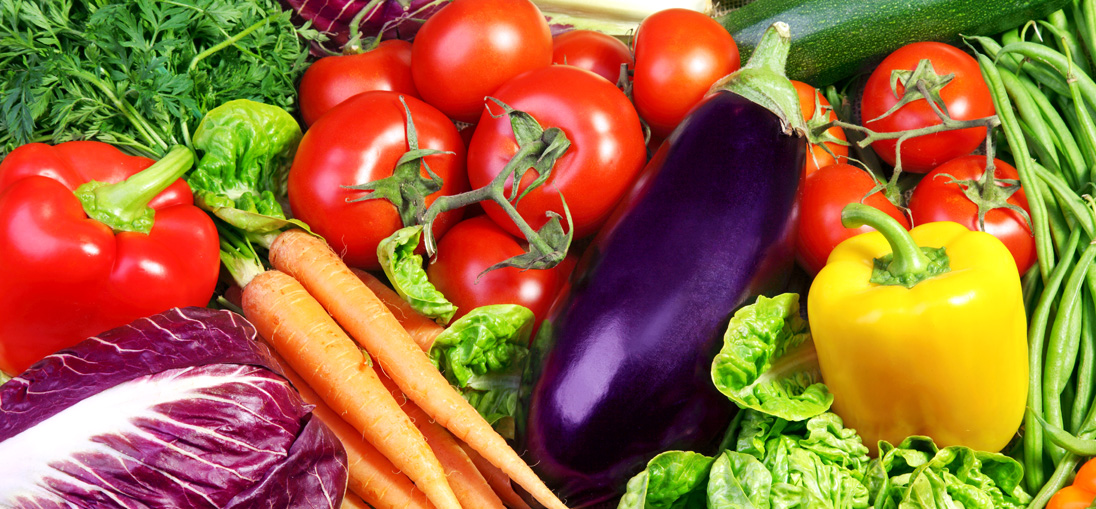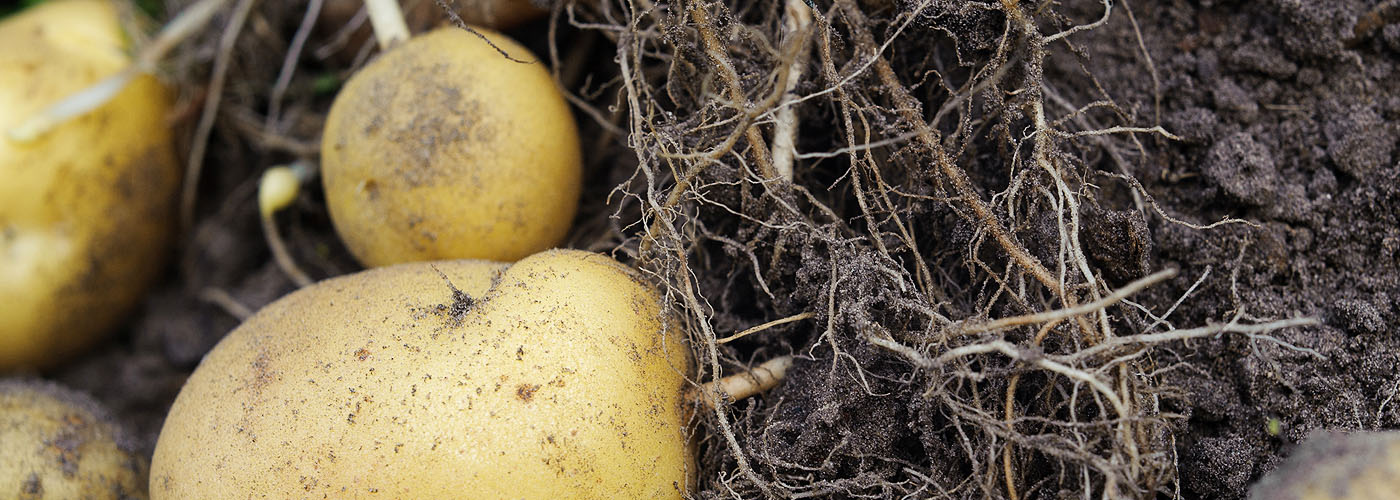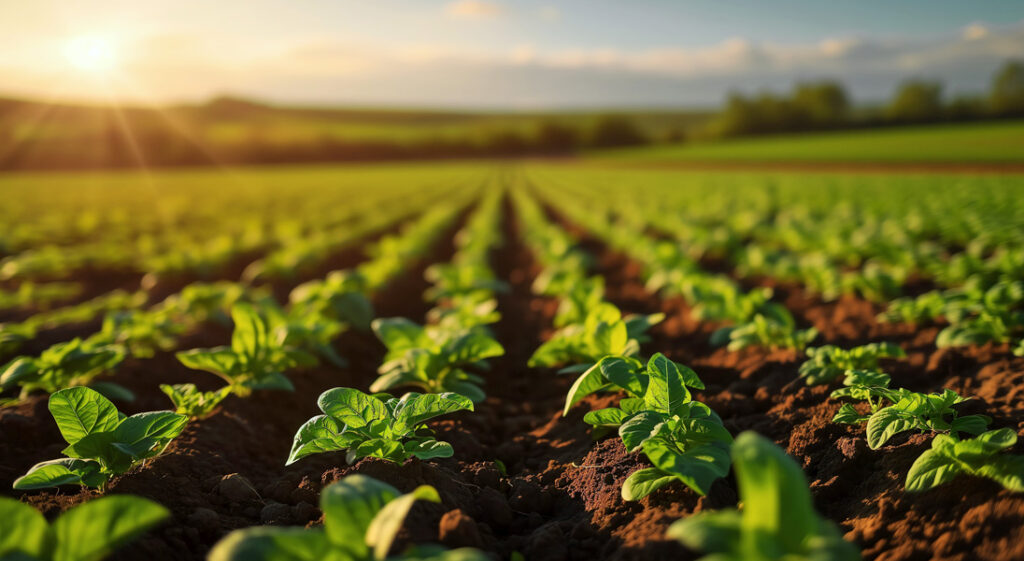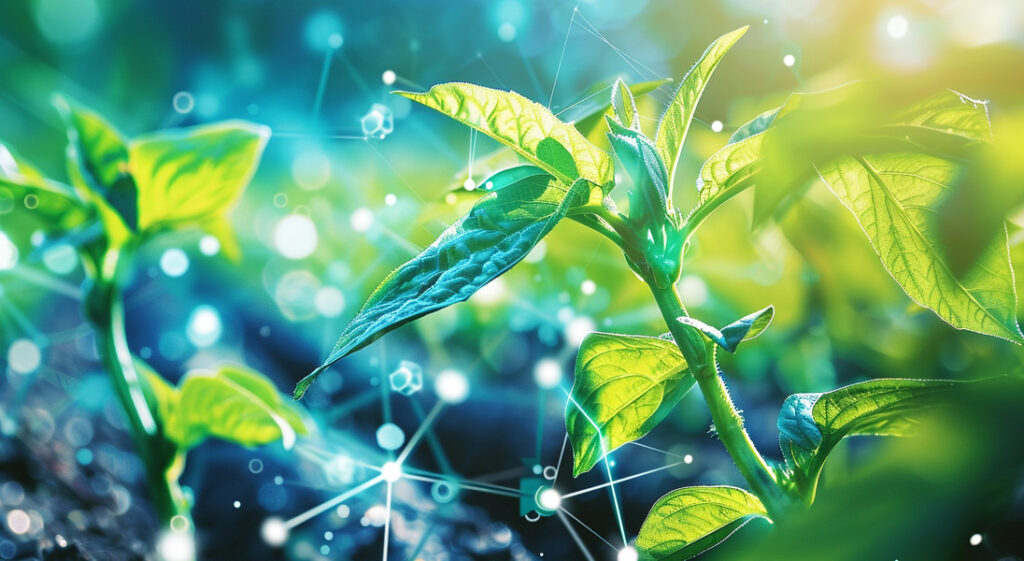Maxstim complex biostimulants can help in the fight against global food security
Insight

The new Global Report on Food Crises 2023 shows that 238 million people across 48 countries are facing acute food and nutrition insecurity.
In recent times the term “food security” has been used more often in the media. What does it actually mean and why is it relevant to sustainable agriculture and Maxstim?
Food security, defined by the United Nations’ Committee of World Food Security, means that all people, at all times, have physical, social and economic access to sufficient, safe and nutritious food that meets their food preferences and dietary needs for an active and healthy lifestyle. And importantly, the individuals involved in this food production are able to earn adequate wages.
FSIN’s 2023 report identifies three key drivers of food insecurity: economic shock, conflict and weather extremes. Compound that with a population increase projected to grow by 2 billion by 2050, which would require double our current food production and the threat becomes more apparent. If we don’t invest in solutions, we risk an even larger percentage of our population experiencing hunger and malnutrition.
Which innovations could help mitigate food security risks?
There is plenty of entrepreneurial creativity currently developing initiatives within the Agri-Food Tech sector to tackle these challenges. Some are focusing on plant proteins as a more sustainable source of nutrition, such as bacon made from seaweed (Umaro – 100% Plant-Based Bacon (umarofoods.com)), or plant grown cheese (Nobell Foods – About). Others are focusing on developing solar powered robots to autonomously navigate, weed and analyse row crops to increase yield without fossil fuels or chemicals (Aigen • Robotics • AI Generated Agriculture). And software that is providing growers with data to improve the efficiency of their production (High Value Crops Smart Farming | Fieldin).

Our specialist team at Maxstim includes scientists from the Institute of Global Food Security at Queen’s University Belfast. We developed our complex biostimulant technology, Amphenox™, to address food insecurity and promote sustainable agriculture. Our technology improves the quality and efficiency of crop growing, and reduces the need for additional inputs, such as fertilisers, that have huge impacts on biodiversity and health.
How can biostimulants help tackle growing food insecurity?
There is greater recognition of the positive benefits of biostimulants in agriculture. However, recent trials are demonstrating that the synergistic effect of complex biostimulants has a more reliable and transformational impact on crops.
How do they help?
- Maxstim complex biostimulants consistently increase crop yield
- Improved plant physiology creates bigger and better leaf structures
- Better root development greatly improves nutrient uptake in the plant and subsequently increases the yield and quality of crops
- Plants demonstrate more resistance to stressful events such as drought, reducing the need for the widespread use of fertilisers and pesticides
- Soil health is greatly improved with reduced use of fertiliser, pesticides and herbicides
- Bigger plants increase carbon capture and improve land use
- More efficient use of water throughout the growing process

This last point is especially important as water and climate change are inextricably linked. Only 0.5% of water on Earth is useable and available as freshwater, with climate change threatening to shrink this further (Wake up to the looming water crisis, report warns | World Meteorological Organization (wmo.int)). A huge proportion of the global withdrawal from this supply of freshwater, approximately 70%, is attributed to the agricultural sector (World Bank, 2022). The threat of water scarcity will pressurise this industry to accept demands for reducing usage, which may compromise the productivity of the growers.
Our complex biostimulants increase the ability of a plant to resist a drought event and to survive with lower quality water and less frequent instances of watering. Our drought stress research has demonstrated that Maxstim treated plants can thrive with 30% less water. This suggests not only a potential huge saving in water but will also help areas where the water supply is variable.
Developing more robust root systems is the key to seeking more moisture and securing survival. We have received reports from Maxstim users that they are using over 25% less water during the production of their crops. Even a 10% reduction in water use over 50,000 hectares over the next three years would equate to a massive saving, with some farmers using 1,000,000 litres per hectare.
This would be a saving of 5 billion litres of freshwater.
Food security solutions are essential to feed our growing population. We need to continue to develop innovative solutions in various aspects of sustainable agriculture. Complex biostimulants, which increase yield and provide sustainable water management, should be more widely adopted to ensure the agricultural sector can provide adequate and accessible nutrition for us all.
References and sources
1 https://www.fsinplatform.org/global-report-food-crises-2023
For more information please give Tony or Tim a call:
Tony Kelly
Email: tony.kelly@maxstim.com
Mobile: 07974 435417
Tim Cannon
Email: tim.cannon@maxstim.com
Mobile: 07884 586191

